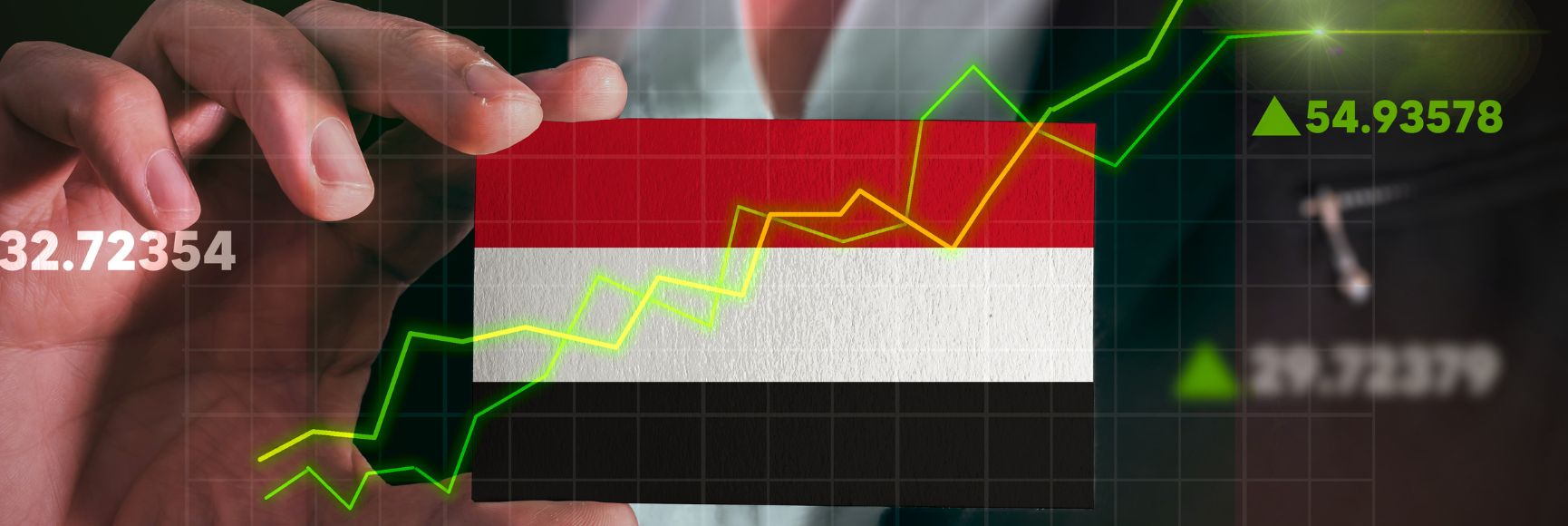Posted by Jean-Pierre Nguenang[1]
The IMF’s Fiscal Affairs Department (FAD) and its Regional Technical Assistance Center in Abidjan (AFRICTAC West, AFW) recently organized a seminar on “Ensuring Active Cash Management to Finance the State Budget in Member Countries of AFW”. 39 participants from the ten member countries of AFW[2] included representatives from directorates in charge of procurement, budget management, cash and debt management, as well as a regional institution in charge of the securities markets (Agence Union Economique et Monétaire Ouest Africaine- UEMOA-Titres). In his opening speech, Mr. Adama Coulibaly, Director of Cabinet of the Ministry of Economy and Finance of Côte d’Ivoire, welcomed the participants and emphasized the central role of cash management for fiscal consolidation efforts in the region.
In addition to presentations by participants on their countries experience, FAD staff and experts delivered four main presentations on selected topics that relate to cash management and the treasury single account (TSA):
- The first topic on the institutional framework explained how it is important to have in place a dedicated organizational structure to operate active cash management. This suggests the need to streamline the existing committees in charge of cash management in most AFW countries, with a strategic committee managed by the ministry of finance;
- The second topic clarified through a number of relevant templates the development of in-year and annual forecasts and their consistency with the government’s procurement plans and commitment plans. None of the ten countries, except Niger, yet prepare commitment plans, while the existing procurement plans do not provide relevant information for making cash flow projections, even for the current budget year.
- The third topic explained how a functional articulation between debt and cash management could improve the effectiveness of cash management. It would help manage short-term financial instruments, as well as medium- to long-term instruments. In all the countries except Senegal and Côte d’Ivoire, the actual issuance of T-bills tends to be significantly above the projections made by the ministry of finance.
- The fourth topic presented a recent assessment by FAD on trends in the development of TSAs, and a proposal on how the approach to implementation could be strengthened. At the end of June 2016, less than half of central government revenues and expenditures across AFW countries were deposited and disbursed through the primary treasury account at the central bank. The system in most countries does not allow the consolidation of bank balances. In light of international and regional experiences (e.g., Nigeria), the presentation discussed options for improving the implementation of a TSA by following a step-by-step approach, and dealing with political and institutional opposition to reform through effective change management techniques.
Two important conclusions emerged from the discussion. First, participants agreed that it would be useful to sensitize senior officials and ministers of finance to the core issues, perhaps by organizing a high-level seminar on cash management. Such an event could highlight the substantial economic and fiscal benefits that a TSA can generate through improved liquidity management (savings of up to 2 percent of GDP in Nigeria), as well as the political economy challenges of implementing such a system. Second, it was agreed that the region should consider establishing, with support from AFRICTAC West and FAD, a network of treasury officers. Such a group could meet on an annual or more frequent basis to discuss cash and debt management, and other issues of mutual importance. Similar networks have been established in other regions, e.g., East and Southern Africa (ESAAG), Central Asia and Central and Eastern Europe (PEMPAL), and Latin America (FOTEGAL). FAD and AFRITAC West will follow up on these recommendations.
[1] Senior Economist, Public Financial Management II Division, Fiscal Affairs Department, IMF.
[2] Benin, Burkina Faso, Côte d’Ivoire, Guinea, Guinea-Bissau, Mali, Mauritania, Niger, Senegal, and Togo.
Note: The posts on the IMF PFM Blog should not be reported as representing the views of the IMF. The views expressed are those of the authors and do not necessarily represent those of the IMF or IMF policy.






